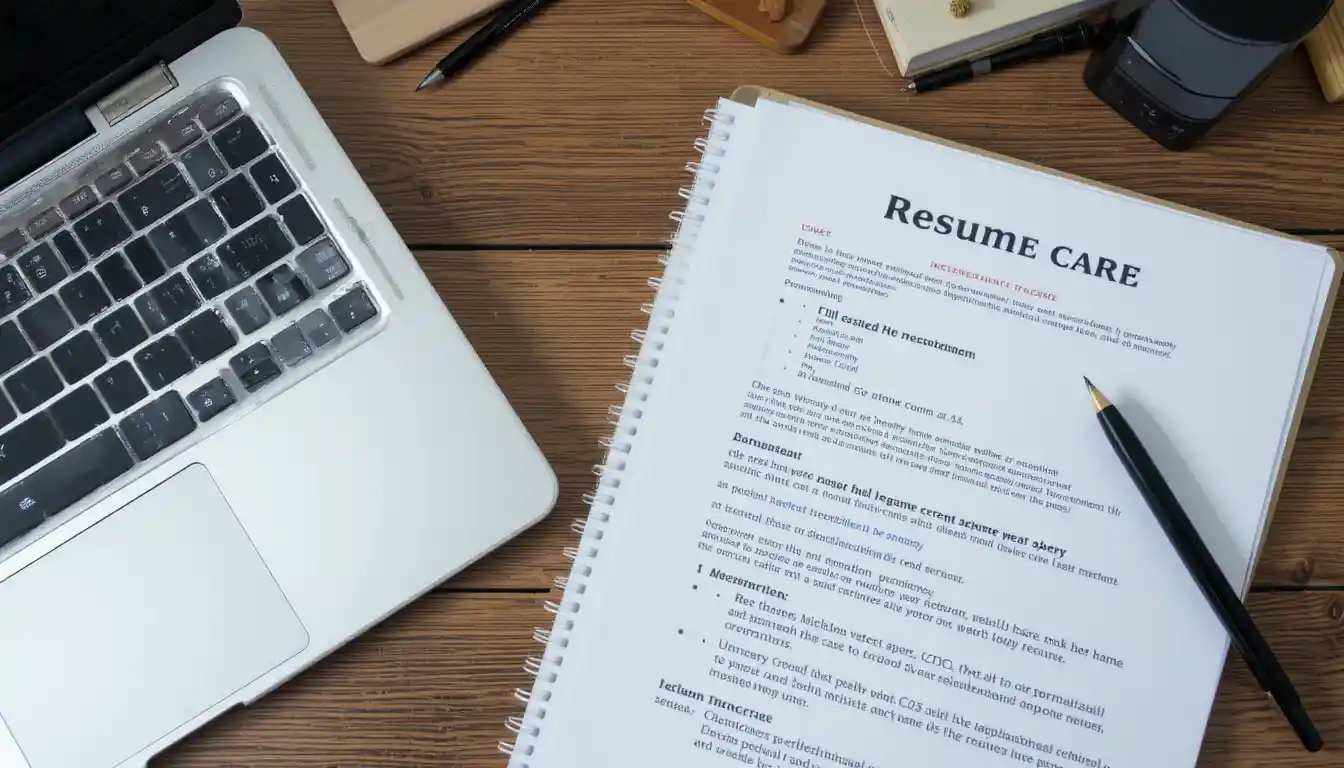10 Simple Study Hacks to Boost Memory and Focus
Introduction
Do you ever sit down to study and realize your mind keeps wandering? Or maybe you spend hours with your books but can’t seem to remember what you just read. You’re not alone — staying focused and retaining information is one of the biggest challenges for students, professionals, and lifelong learners alike. The good news is that improving memory and concentration doesn’t require fancy tools or complicated methods. With a few simple study hacks to boost memory and focus, you can make your study sessions more productive and less stressful.
In this article, we’ll cover practical tips backed by science and proven strategies you can use right away. From setting up the right environment to using memory-boosting techniques, you’ll learn how to study smarter, not harder.
Why Memory and Focus Matter in Studying
Before diving into the hacks, it’s important to understand why memory and focus are key to effective learning.
- Focus helps you concentrate on the task without distractions, ensuring you absorb more in less time.
- Memory allows you to recall and apply what you’ve learned when it matters most — in exams, presentations, or real-life problem-solving.
Without focus, your study sessions are wasted. Without memory, your efforts don’t stick. Together, they form the foundation of successful learning.
Simple Study Hacks to Boost Memory and Focus
Let’s explore proven strategies you can start applying today.
Create a Distraction-Free Study Zone
Your environment plays a huge role in your ability to focus. A cluttered desk or noisy background can interrupt concentration.
Tips to set up your study space:
- Choose a quiet, comfortable place with good lighting.
- Keep only study materials on your desk; remove unnecessary items.
- Use apps like Forest or Focus@Will to block distractions from your phone.
Use the Pomodoro Technique
One of the most effective time-management hacks is the Pomodoro Technique — study for 25 minutes, then take a 5-minute break. After four sessions, take a longer 15–30-minute break.
Why it works:
- Prevents burnout by balancing work and rest.
- Trains your brain to focus in short bursts.
- Increases productivity without feeling overwhelmed.
Apply Active Recall
Instead of passively rereading notes, test yourself. Active recall is scientifically proven to improve long-term memory.
How to use active recall:
- Close your book and try to summarize what you just studied.
- Use flashcards with questions on one side and answers on the other.
- Teach the material to a friend — if you can explain it, you’ve learned it.
Practice Spaced Repetition
Our brains forget information quickly unless we review it at intervals. That’s where spaced repetition comes in.
Practical steps:
- Review notes 1 day, 3 days, 7 days, and 14 days after learning.
- Use apps like Anki or Quizlet that are built on spaced repetition systems.
According to a study published in Applied Cognitive Psychology, spacing out study sessions leads to significantly better retention than cramming.
Organize Information with Mind Maps
Mind maps turn complex topics into visual diagrams, helping your brain make connections.
Example:
If you’re studying biology, draw a central circle with “Cell Structure” and connect branches like “Nucleus,” “Mitochondria,” and “Cytoplasm.” This makes it easier to visualize and remember.
Take Care of Your Body for a Sharper Mind
A healthy brain needs a healthy body. Poor sleep, unhealthy food, and lack of exercise directly affect memory and concentration.
Tips:
- Get at least 7–8 hours of quality sleep.
- Eat brain-friendly foods like nuts, berries, and leafy greens.
- Stay hydrated — even mild dehydration can cause fatigue.
- Exercise regularly; even a 20-minute walk boosts brain power.
Break Big Tasks into Smaller Steps
Overwhelming tasks kill focus. Instead of studying an entire textbook in one sitting, break it down.
Example:
- Day 1: Chapter summaries
- Day 2: Key concepts
- Day 3: Practice questions
Small wins build momentum and motivation.
Use Mnemonics and Acronyms
Mnemonics are memory tricks that make learning fun and effective.
Examples:
- Acronym for math operations: BODMAS (Brackets, Order, Division, Multiplication, Addition, Subtraction).
- Rhyme for remembering planets: “My Very Educated Mother Just Served Us Noodles” (Mercury, Venus, Earth, Mars, Jupiter, Saturn, Uranus, Neptune).
These tools give your brain “shortcuts” to recall information faster.
Switch Study Techniques
If you always read your notes, your brain gets bored. Mix it up:
- Watch a short video on the topic.
- Listen to a podcast.
- Create diagrams or flashcards.
Switching techniques keeps your brain active and helps you remember in multiple ways.
Stay Consistent with a Study Schedule
Last but not least, consistency beats intensity. A well-planned study schedule helps you build habits.
Tips for consistency:
- Set specific study hours daily.
- Track your progress in a journal or app.
- Reward yourself after completing sessions.
Additional Quick Study Hacks
- Highlight keywords and write short notes instead of copying paragraphs.
- Record your notes and listen to them during commutes.
- Study in groups occasionally — explaining and debating reinforces memory.
- Use the Feynman Technique: simplify a concept as if teaching a child.
Conclusion
Boosting memory and focus while studying doesn’t require superhuman discipline. By applying simple study hacks to boost memory and focus — like active recall, Pomodoro, spaced repetition, and healthy lifestyle choices — you can transform the way you learn. The key is consistency, not perfection. Start with one or two hacks, build them into your routine, and you’ll see a big difference in your ability to concentrate and remember.
📌 Remember: Studying smarter, not harder, is the real secret to success. Stay patient, stay consistent, and keep improving.
FAQS
What are the best simple study hacks to boost memory and focus?
The best hacks include using the Pomodoro technique, practicing active recall, spaced repetition, and organizing information with mind maps. Also, maintaining good sleep, exercise, and a distraction-free environment is crucial.
How can I improve my focus while studying for long hours?
Break study time into smaller sessions, remove distractions, and use tools like the Pomodoro technique. Staying hydrated, eating light snacks, and taking short walks during breaks also help maintain focus.
Can diet and sleep really affect memory and concentration?
Yes. Studies show that lack of sleep and poor nutrition reduce memory retention and focus. A balanced diet rich in brain foods like nuts, berries, and leafy greens, combined with 7–8 hours of quality sleep, greatly improves concentration.
What is the difference between active recall and passive reading?
Passive reading is simply going over notes, while active recall requires testing yourself without looking at the material. Active recall strengthens memory and has been proven to be more effective for long-term learning.
How long should I study in one sitting to maximize memory?
Most experts recommend studying in focused sessions of 25–50 minutes, followed by a 5–10-minute break. This prevents fatigue and helps the brain stay fresh, which improves retention.
Are group studies better for memory and focus?
Group studies can be effective if done correctly. Explaining concepts to others reinforces your own memory. However, if the group is easily distracted, solo study may be more productive.
Which apps are best for boosting memory and focus during study?
Apps like Anki (for spaced repetition), Quizlet (for flashcards), Forest (for focus), and Notion (for note organization) are excellent tools to improve study efficiency.
Can I boost memory and focus quickly before exams?
Quick hacks include reviewing key notes with active recall, using mnemonics, getting enough sleep the night before, and staying calm. Avoid cramming as it leads to stress and weaker retention.




Post Comment